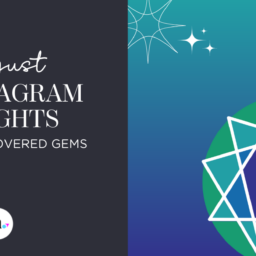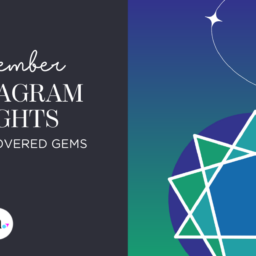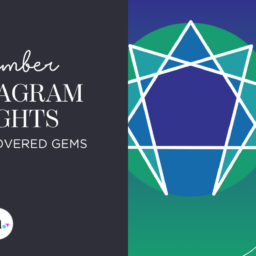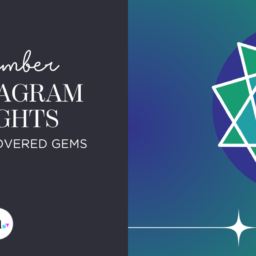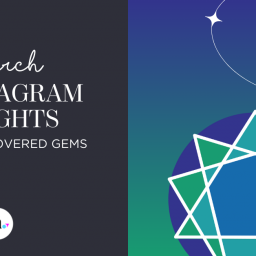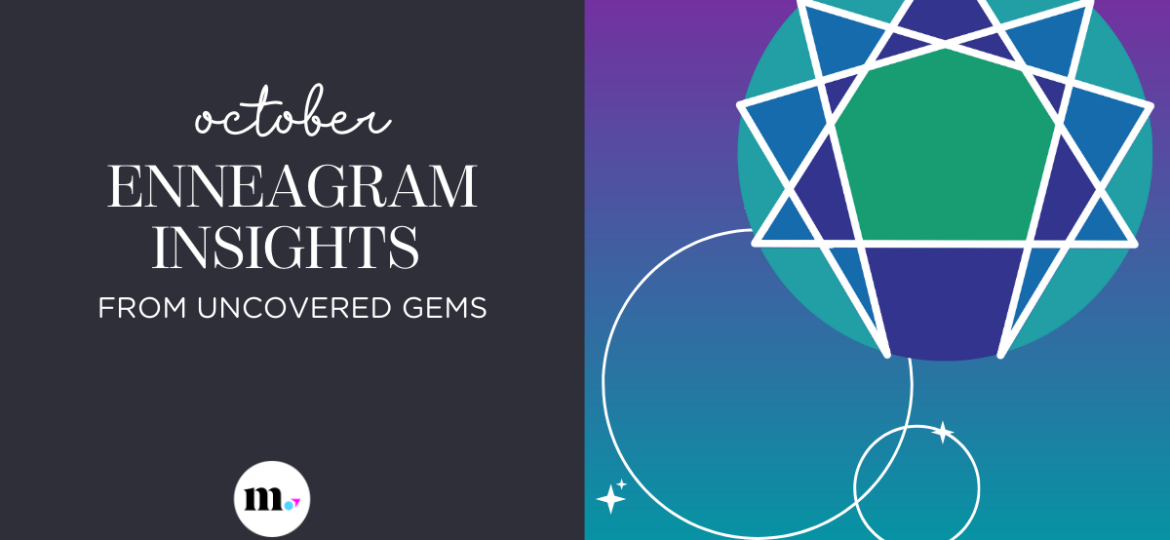
 Welcome to Indy Maven’s Enneagram column coming by way of Jenn Lisak Golding of Uncovered Gems. Check out her website for even more info from the world of Enneagram, or to book a private session.
Welcome to Indy Maven’s Enneagram column coming by way of Jenn Lisak Golding of Uncovered Gems. Check out her website for even more info from the world of Enneagram, or to book a private session.
In this monthly column, we’ve explored the Enneagram types, instincts, centers, and wings. We’ve also dug deeper into core motivations. But did you know that each Enneagram type has a vice?
Our core motivations can lead to healthy or unhealthy behaviors, and the vice of each type is partially a manifestation of unhealthy behavior related to your core motivation.
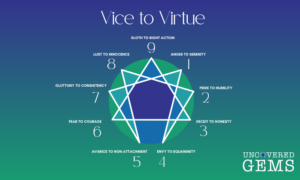 While each type has a vice, there is always a path to virtue. As long as we are cognizant of our actions, there is always an opportunity to adjust and move toward healthy behavior.
While each type has a vice, there is always a path to virtue. As long as we are cognizant of our actions, there is always an opportunity to adjust and move toward healthy behavior.
Let’s explore the vice for each type and how you can move toward virtue:
Type 1: Anger to Serenity
Since Type 1s are focused on being good and avoiding being at fault, anger can be a normal reaction when things aren’t right or as they should be. This can result in frustration and irritability as a result of a lack of internal peace.
Type 1s can counteract this feeling by focusing on where they find and experience serenity. Instead of focusing on the things that are wrong or at fault, there are plenty of things that are good and right. Practicing serenity, either through meditation, a gratitude practice, or mind over matter, can help lead this type to virtue.
Type 2: Pride to Humility
This type is focused on being helpful, wanted, and loved. As a result, they can become prideful and won’t admit when they need help. It can lead to them ignoring their own needs at the cost of helping others, as well as resentment.
Practicing humility will be important for this type. That does not mean degrading oneself, but more so focusing on when is the best time to be helpful instead of thinking that you are the answer to everyone’s problems.
Type 3: Deceit to Honesty
Known as the chameleons of the Enneagram, Type 3s are focused on being seen as successful and admired. However, this can result in them “shapeshifting” to be what others see as successful instead of what’s important to them.
This type can deceive themselves into thinking success looks a certain way. It’s important for this type to be brutally honest with themselves about who they are and what they want. Sometimes, it’s as simple as asking the question.
Type 4: Envy to Equanimity
Type 4s want, more than anything, to be unique and significant in the world. Unfortunately, this means they spend a lot of time thinking about what they’re missing or don’t have. As a result, this can lead to envy and jealousy of others.
Practicing equanimity, or an evenness of emotions, can help this type greatly. Detaching themselves from emotion can help as well, focusing on the objective situation and also being cognizant of apples to oranges comparison.
Type 5: Avarice to Non-Attachment
As a type that focuses on being resourceful and competent, Type 5s can be prone to minimizing their own needs to the point of isolation and avoiding others and responsibilities. It can result in a sense of being cast off and holding onto things for themselves—meaning resources, time, information, and more.
This type can benefit from focusing on non-attachment. What this means is having the ability to allow things to come and go, as opposed to holding on too tightly. There is space for others, and there is also space not to let what comes your way impact you. You can still practice protection of self while also not letting everything get to you.
Type 6: Fear to Courage
As a type focused on feeling safe and secure, fear is a natural feeling for this type. They are driven by the anxiety that things will go wrong, they will be left alone, and they will be cast off.
Practicing courage in the face of fear can be extremely powerful for this type. With courage comes risks, but also rewards. The more we practice courage in the face of adversity, the more we can stand up to fear.
Type 7: Gluttony to Consistency
As a type focused on being positive and optimistic to avoid pain, this type can certainly indulge to the point of gluttony. This can be in the form of food, drinking, experiences, shopping, etc. It ultimately is a coping mechanism for avoiding the core issue: pain. They consume in order to satiate.
While they are naturally resistant to it, practicing consistency in life can be incredibly helpful for this type. This means having a consistent routine or moving toward structure. It will help provide a framework to avoid gluttony.
Type 8: Lust to Innocence
As a type motivated by being seen as strong, lust can be a powerful feeling for this type. They are attracted to things that make them feel alive or challenge them. But it can also lead to too much of a good thing.
Practicing innocence or restraint can be important for this type, especially as it relates to what ultimately is important as opposed to what makes them feel strong. Not everything that makes them feel strong can be healthy.
Type 9: Sloth to Right Action
As a type motivated by feeling peace and harmony, they can withdraw from situations to the point of sloth. This is a result of not facing their own feelings and focusing more on the harmony of a group.
While there are times when withdrawing is important, many times taking the right action—whether that be to share your perspective, take responsibility, or intervene—is the best next step. Practicing action instead of sloth is critical for this type’s growth.
We are all prone to unhealthy behaviors; sometimes, that’s when we learn the most. However, being aware of when we’re exhibiting these vices is important so that we can truly tap into the best version of ourselves.
Pay attention to your thought patterns and behaviors. Know it’s okay to have coping mechanisms, but ask yourself how they’re serving you at the end of the day.
Jenn Lisak Golding is a certified Enneagram coach through The Art of Growth and the face behind Uncovered Gems. She is also the founder and owner of the sister brand Sapphire Strategy, a measured marketing agency. As a long-time fan of emotional intelligence, Jenn is passionate about helping individuals, teams, and leaders personally and professionally on their growth journeys.
All of our content—including this article—is completely free. However, we’d love if you would please consider supporting our journalism with a Digital Indy Maven membership.







